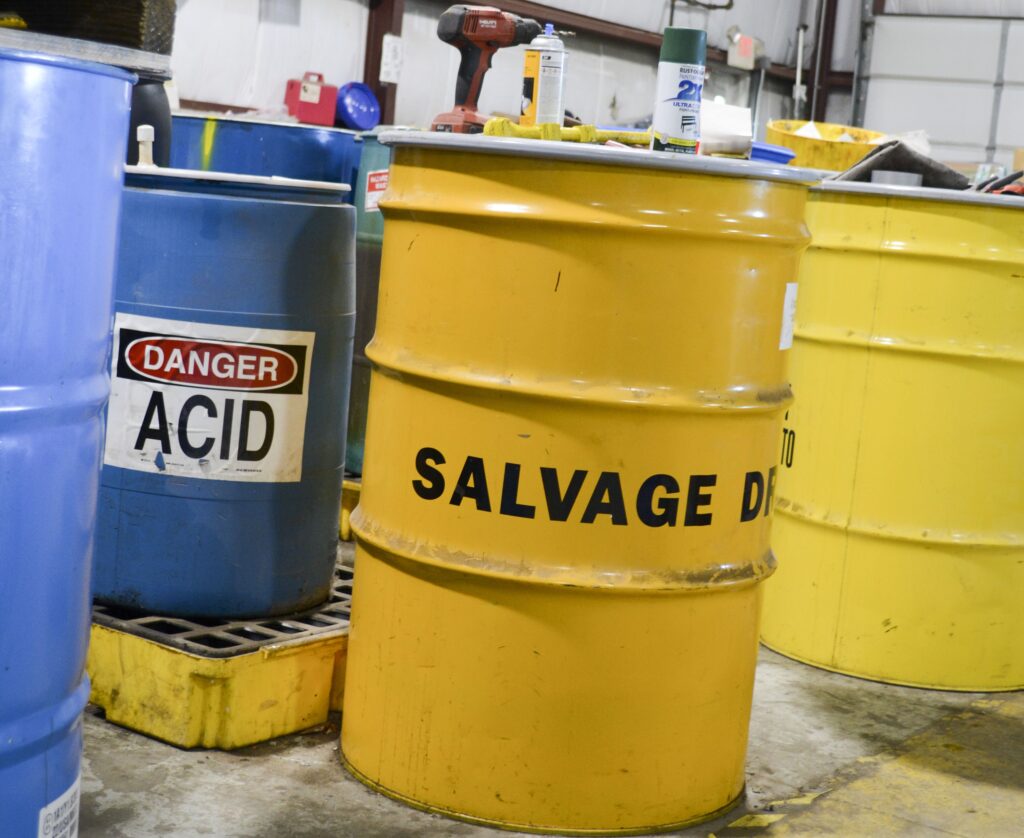Accidents happen; it’s what you do during and after them that matters the most. It’s what you do to keep yourself, your family, and your home safe. Today we’re going to look at what happens during a household chemical spill emergency, what you should do if it occurs, how to clean up afterwards, and how to better prepare to avoid them in the future.
When a Chemical Spill Emergency Occurs
When a spill occurs, the most important thing is the safety of you and everyone in your home. After assessing the spill and trying to identify what chemicals are involved, take the following measures:
- Leave the affected area. In cases where there are dangers of fire and explosion or toxic fumes, or if you’re unsure, get outside and upwind.
- Recognize the symptoms of toxic poisoning. If you have difficulty breathing; irritation of the skin, eyes, or throat; changes in skin color; headache or blurred vision; dizziness or confusion; or abdominal distress; call the National Poison Control Center at 800-222-1222.
- After accessing, take action. Depending on the types of chemicals are involved, you may be able to safely clean up the chemicals yourself. If not or you’re uncertain, it’s time to get help. Contact emergency services, who may require you to report a spill or environmental emergency to MassDEP.
These tips come courtesy of the Ready.gov website. Visit them for more details.
Watch Out for Accidental Chemical Combinations
While some chemicals are hazardous by themselves, others can become hazardous when mixed. For example, bleach and ammonia are present separately in many cleaning products, but when combined, form both chlorine and phosgene gas, which are deadly in high concentrations. Beyond watching out for spilling these chemicals near each other, avoid using multiple cleaning products on the same area before thoroughly cleaning with water and letting dry, and always work in a well-ventilated space.
Learn more in our blog: Why Certain Cleaning Products are Hazardous.
Dealing with Residential Oil Spills
For chemical spills such as fuel oil, like from an oil furnace, you may need additional services after the initial clean-up to decontaminate the area. In the video below, you can see NEDT technicians cleaning up the contaminated ground soil after a spill.
This was done through our NEDTinc.com website; learn more by visiting our Emergency Spill Response page.
NEDT is on standby if you have any questions or need help disposing of hazardous waste, including if you need to call in the specialists. For our commercial hazardous waste services like spill response and remediation, contact us on our commercial website to learn more. For residential services, you can stop by one of our NEDT Household Hazardous Waste Collection Centers or schedule a pickup. Learn more by contacting us today or calling us at 1 (866) 769-1621.



Leave a Reply